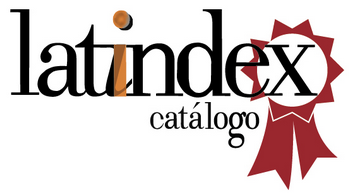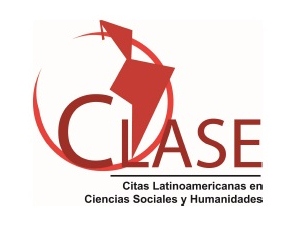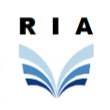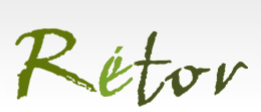Colección “Tablero de Disertaciones” de la Editorial Universidad de Guadalajara. Segunda entrega
Citas
Bosque, I., dir. (1999). Gramática descriptiva de la lengua española, 3 vols. Madrid: Espasa.
Eemeren, F. H. van, Garssen, B., Greco, S., Haaften, T. van, Labrie, N., Leal, F. y Wu, P. (2022). Argumentative style: A pragma-dialectical style of functional variety in argumentative discourse. Amsterdam: John Benjamins.
Lawn, B. (1993). The rise and decline of the scholastic ‘quaestio disputata’, with special emphasis on its use in the teaching of medicine and science. Leiden: Brill.
Leal, F. (2019). On philosophical argumentation: Towards a pragma-dialectical solution of a puzzle. Journal of Argumentation in Context, vol. 8, núm. 2, pp. 173–194.
Leal, F. (2020a). On the importance of questioning within the ideal model of critical discussion. Argumentation, vol. 34, núm. 4, pp. 405–431.
Leal, F. (2020b). ¿Qué es una postura en filosofía? Un enfoque pragma-dialéctico. Revista Iberoamericana de Argumentación, núm. 21, pp. 86–106.
Leal, F. (2021). On questions in standard pragma-dialectics. Quadripartita Ratio, año 6, núm. 11, pp. 41–54.
Leal, F. (2022). El diagnóstico etiológico como discusión crítica. Quadripartita Ratio, en prensa.
Leal, F. y Marraud, H. (2022). How philosophers argue: An adversarial collaboration on the Russell–Copleston debate. Cham (Suiza): Springer.
Leal Carretero, F., coord. (2015). Argumentación y pragma-dialéctica: Estudios en honor a Frans van Eemeren. Guadalajara: Editorial Universitaria.
Novikoff, A. J. (2013). The medieval culture of disputation. Filadelfia: University of Pennsylvania Press.
Weijers, O. (2007). The medieval disputatio. En: M. Dascal y H. Chang, coords., Traditions of controversy, pp. 141–149. Amsterdam: John Benjamins.
Weijers, O. (2013). In search of truth: A history of disputation techniques from antiquity to early modern times. Turnhout (Bélgica): Brepol
Una vez que un texto es aceptado para su publicación en Quadripartita Ratio, sus autores deben firmar dos documentos de carácter legal: una Licencia de uso y una Declaración de autoría.
Con la Licencia de uso, los autores autorizan la publicación de su obra y la difusión de ésta (integración en bases de datos, difusión en nuestras redes sociales, reediciones posibles, etc.). No obstante, se autoriza la descarga, reproducción y distribución de todos nuestros contenidos publicados, siempre que no se modifique el contenido y se indique su origen (nombre de la revista, volumen, número, páginas y dirección electrónica del documento).
Con la Declaración de autoría, los autores manifiestan que la obra es de su autoría, original e inédita.









